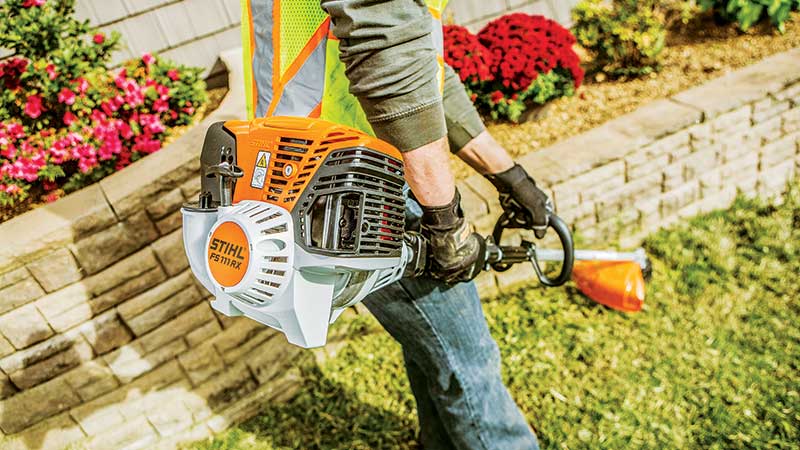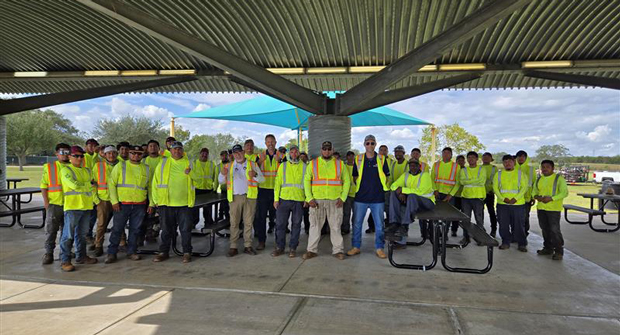Between increasing amounts of ethanol in fuel and the growth of electric landscaping tools, manufacturers say the basic advice on how to prepare for cold weather is changing.
When to start prepping tools depends entirely on location — landscaping companies in Florida, Texas and Southern California need not read any further. Anyone operating farther north should pay attention to local forecasts or the National Weather Service’s Climate Prediction Center, says Jean-Pierre Dermendjian, technical training supervisor for Stihl.

Fighting ethanol
One of the biggest maintenance problems that equipment faces when not used for months is ethanol exposure. In most parts of the country, ethanol makes up 10 percent of the gasoline purchased at standard fuel pumps. In corn-growing states, the numbers can climb up to the 20 percent range.
“Stagnant fuel or fuel that’s been left in the system is the big culprit,” Dermendjian says of ethanol exposure.
Ethanol eats away at rubber in fuel lines and engine gaskets. Modern engines use materials that resist ethanol’s corrosiveness, but older machines can leak fuel following prolonged exposure.
Another risk with ethanol exposure is water pooling against engine gaskets or hoses. Freezing water expands and can cause tears. Plus, when users start machines in the spring, water collected in the fuel tank will hurt machine startup.
“It is something that’s very easy to avoid,” Dermendjian says. “Once you decide that you’re going to bench that piece of equipment, flush the system with some sort of engineered fuel, something that’s ethanol-free.”
Dermendjian has a mantra for any question about what to use in your equipment — check the user’s manual. Most manufacturers sell ethanol-free fuel mixes optimized for their equipment. So, even if you use standard fuel through most of the year, a few dollars spent on premium fuel at the end of the season can protect machines during their downtime.
Sean Dwyer, Husqvarna’s product manager for professional mowers, agrees, saying, “A preferred option would be to run equipment dry of fuel or store with ethanol-free fuel. Gummed-up carburetors and rotten fuel lines can cause expensive and time-consuming repairs when it’s time to mow again.”
Going electric
Nick Carlson, owner of Mulch Mate and a longtime landscaper, says companies can avoid fuel and ethanol issues by switching to battery-powered gear.
“You just have to pull the batteries out and store them safely where they won’t freeze,” Carlson says.
Electric units aren’t completely maintenance-free. Clean and lubricate wear parts such as blades and driveshafts before storage. Carlson adds greasing electrical connections can protect critical spots from exposure to the elements.
“Applying a little dielectric grease to terminals means you’ll get a good connection when you put the battery back in or connect cables,” Carlson says.
Be sure to use the right grease, though, one that’s electrically conductive and won’t harm materials used in electrical housings.
Use time wisely
Husqvarna’s Dwyer says as much of a chore as winterizing can be, it’s also an opportunity to thoroughly inspect gear and address service concerns.
“Giving your equipment a complete lookover can give you a heads-up to some potentially unknown repairs that require service parts,” Dwyer says. “The more your equipment can be prepped and ready for the next season, the more peace of mind you’ll have when it’s not being used.”

